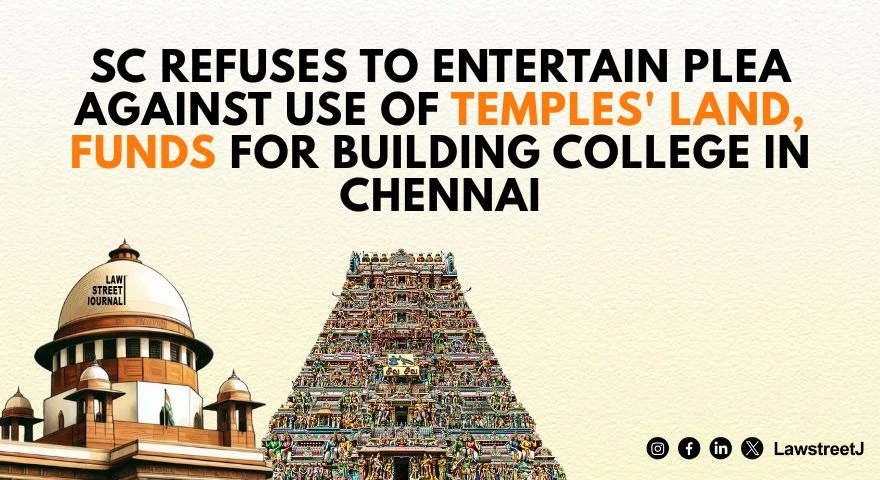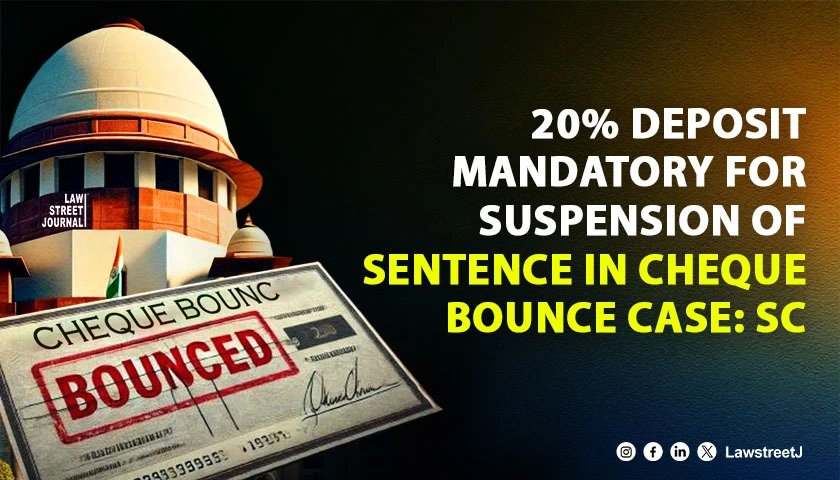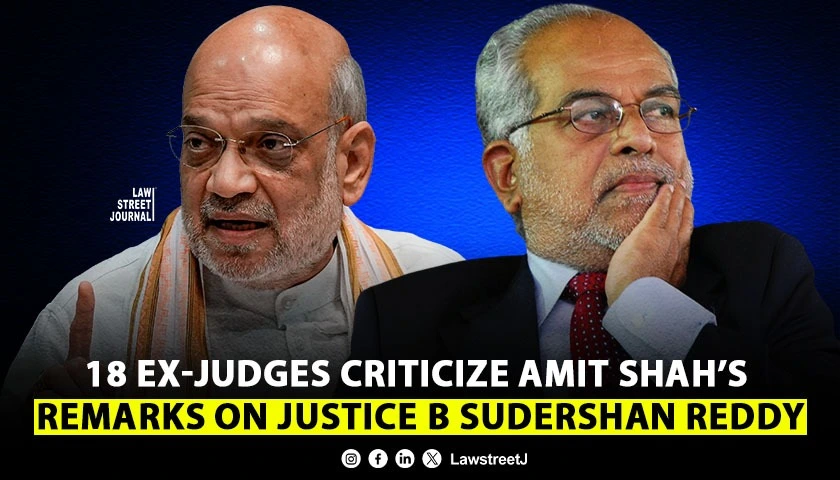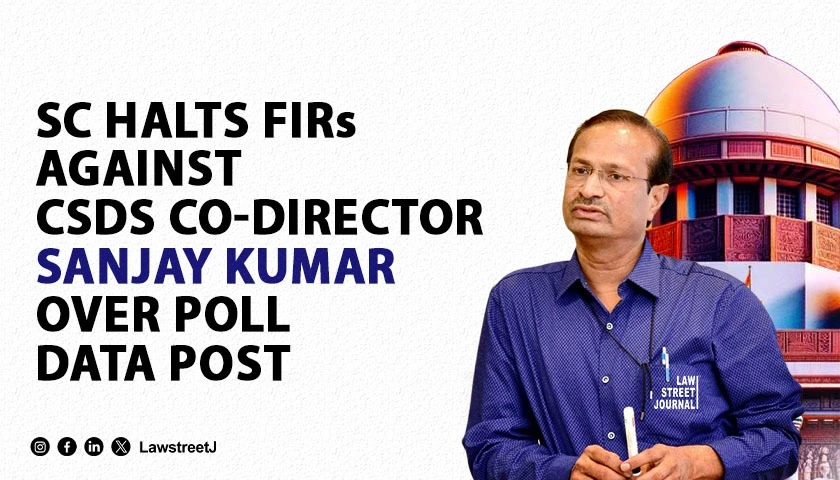NEW DELHI: A Supreme Court judge Justice Sudhanshu Dhulia on Thursday differed with senior judge Justice Hemant Gupta to hold that the ban imposed by the Karnataka government on hijab worn by Muslim students in classrooms was in violation of their fundamental rights.
His separate judgement running into 73-page is apparently reflective of emotional arguments put forth by the petitioners including a few students.
Justice Dhulia allowed an appeal against the Karnataka High Court's March 15 judgement which had upheld the ban.
Let's see some of observations made by Justice Dhulia:
"A girl child has the right to wear hijab in her house or outside her house, and that right does not stop at her school gate. The child carries her dignity and her privacy even when she is inside the school gates, in her classroom. She retains her fundamental rights. To say
that these rights become derivative rights inside a classroom, is wholly incorrect," he said.
"All the Petitioners want is to wear a hijab! Is it too much to ask in a democracy? How is it against public order, morality or health? or even decency or against any other provision of Part III of the Constitution. These questions have not been sufficiently answered in the Karnataka High Court judgement," he concluded.
Justice Dhulia further said, "By asking the girls to take off their hijab before they enter the school gates, is first an invasion on their privacy, then it is an attack on their dignity, and then ultimately it is a denial to them of secular education. These are clearly violative of Article 19(1)(a), Article 21 and Article 25(1) of the Constitution."
He announced that there shall be no restriction on the wearing of hijab anywhere in schools and colleges in Karnataka.
"Under our Constitutional scheme, wearing a hijab should be simply a matter of Choice. It may or may not be a matter of essential religious practice, but it still is, a matter of conscience, belief, and expression," he said.
"If she (a Muslim student) wants to wear hijab, even inside her class room, she cannot be stopped, if it is worn as a matter of her choice, as it may be the only way her conservative family will permit her to go to school, and in those cases, her hijab is her ticket to education," he said.
Justice Dhulia held the Government Order dated February 5, 2022, and the restrictions on the wearing of hijab, also goes against our constitutional value of fraternity and human dignity.
"The question of diversity and our rich plural culture is, however, important in the context of our present case," he said.
Justice Dhulia further said, "Our schools, in particular our Pre-University colleges are the perfect institutions where our children, who are now at an impressionable age, and are just waking up to the rich diversity of this nation, need to be counselled and guided, so that they imbibe our constitutional values of tolerance and accommodation, towards those who may speak a different language, eat different food, or even wear different clothes or apparels! This is the time to foster in them sensitivity, empathy and understanding towards different religions, languages and cultures. This is the time when they should learn not to be alarmed by our diversity but to rejoice and celebrate this diversity. This is the time when they must realise that in diversity is our strength."
He noted, "The State has not given any plausible reasons either in the Government Order dated February 5, 2022, or in the counter affidavit before the High Court. It does not appeal to my logic or reason as to how a girl child who is wearing a hijab in a classroom is a public order problem or even a law-and order problem. To the contrary reasonable accommodation in this case would be a sign of a mature society which has learnt to live and adjust with its differences."
"A girl child for whom it is still not easy to reach her school gate. This case here, therefore, has also to be seen in the perspective of the challenges already faced by a girl child in reaching her school. The question this court would put before itself is also whether we are making the life of a girl child any better by denying her education merely because she wears a hijab!
"One of the best sights in India today, is of a girl child leaving for her school in the morning, with her school bag on her back. She is our hope, our future. But it is also a fact, that it is much more difficult for a girl child to get education, as compared to her brother. In villages and semi urban areas in India, it is commonplace for a girl child to help her mother in her daily chores of cleaning and washing, before she can grab her school bag. The hurdles and hardships a girl child undergoes in gaining education are many times more than a male child," he wrote.

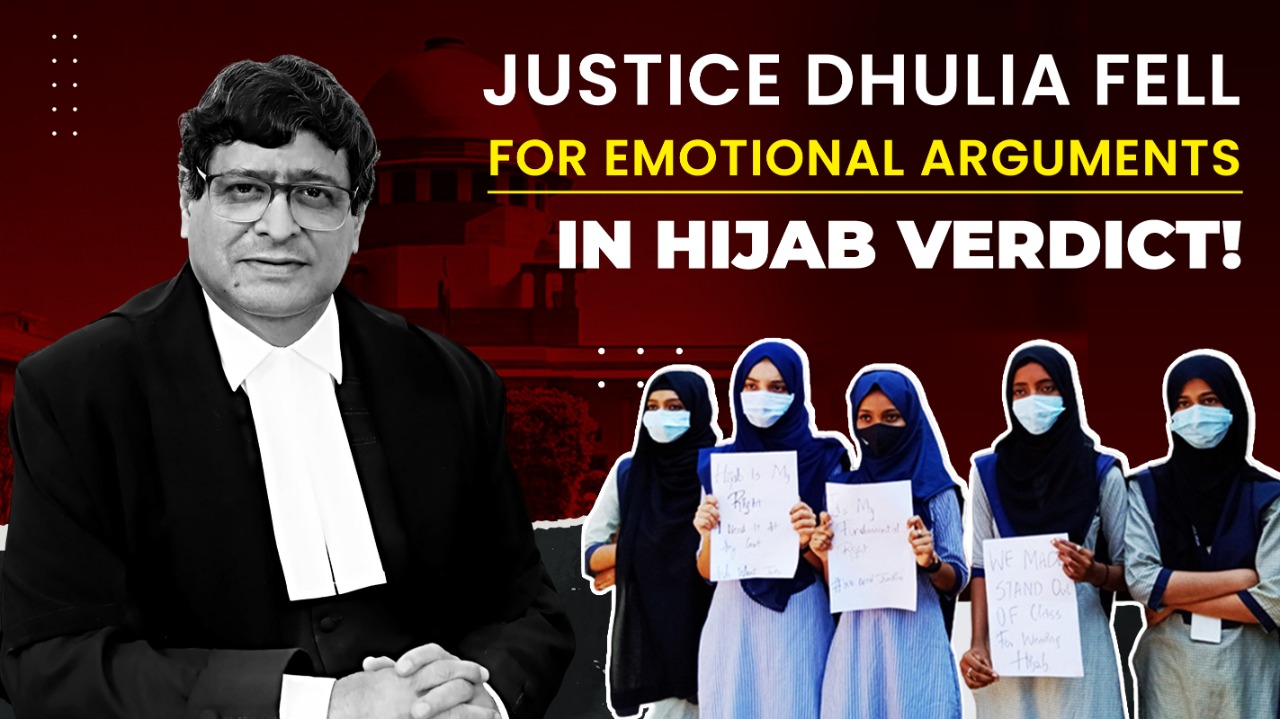

.webp)
